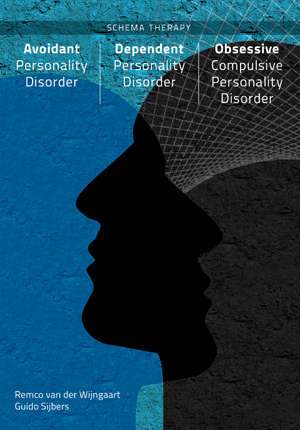Schema therapy for the Avoidant, Dependent and Obsessive-Compulsive Personality Disorder
The Avoidant-, Dependent- and Obsessive Compulsive Personality Disorder are often diagnosed in clinical settings. Due to the greater predictability of the associated behavior and the less frequent crisis situations, these personality disorders are often initially considered as less problematic. But over the course of the treatment, the particularly rigid nature of this type of personality disorder poses a real challenge for the therapists (Arntz, AR. (2010).
Therefore, schema therapy methods and techniques need to be adapted for these cluster C patients. The avoidant-, dependent- and obsessive compulsive patients also need a different therapist style, one that pushes more for self expression, autonomy, spontaneity and play. This Online Stream aims to provide an overview of the specific methods and techniques for these patients, showing the differences in the therapist style in treating either an avoidant-, dependent- or obsessive compulsive patient. By showing interventions both at the start as well as at the end of therapy, the viewer gets an understanding of how the therapist changes his/her style and technique over the course of therapy, e.g. the patient in the beginning is more being guided, in later phases the therapist style becomes more pushing.
Chapter 1 –shows the Avoidant Personality Disorder, characterized by a strong avoidant coping style. The therapy is centered around the need for self expression and self reliance
Chapter 2 –shows the Dependent Personality Disorder, a pathology with a strong coping style of surrendering to other people’s needs. The scenes in this DVD show the therapist focussing on and over the course of therapy pushing for more autonomy.
Chapter 3 -shows the Obsessive Compulsive Personality Disorder, patients with a strong coping style of overcompensation and an unmet need for spontaneity and play.
Download Booklet
lees meer
